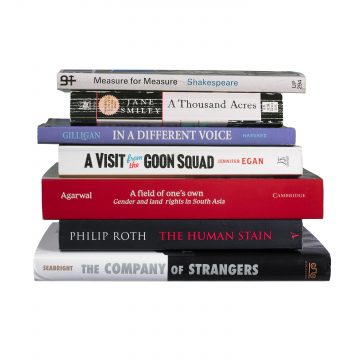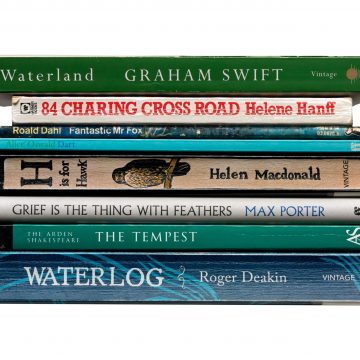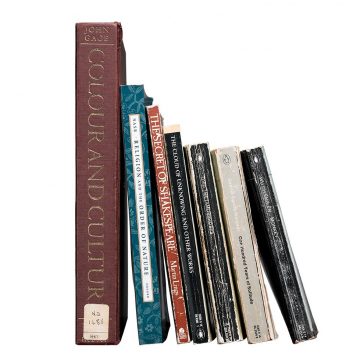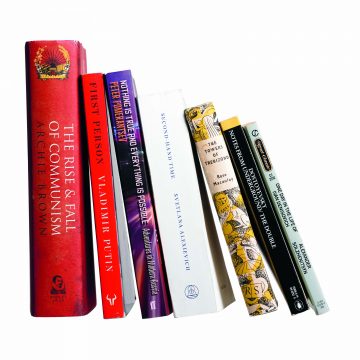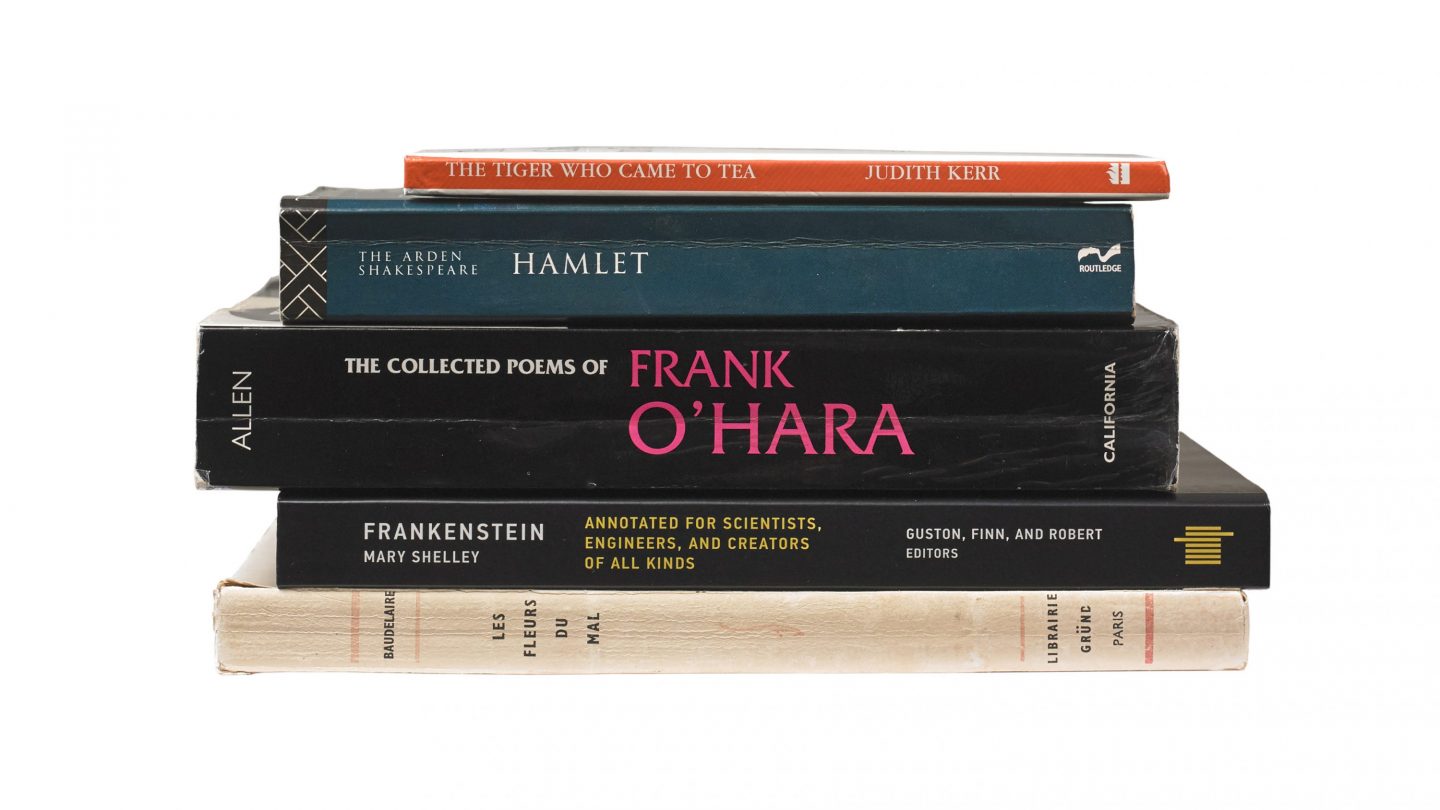
‘Anyone who thinks that books don’t matter is only half-alive’
Professor Geoff Ward, Principal of Homerton and Acting Director of the Fitzwilliam Museum, reveals the reads which have had the greatest influence on his life
-
Les Fleurs Du Mal
Charles Baudelaire
It is 1968 and I am 14 years old, sitting in a schoolroom in Manchester. Our teacher hands the class a sheet containing two poems by Baudelaire, the greatest 19th-century French poet, of whom I have never heard. I begin to read Harmonie du Soir, and the words are immediately mesmeric, intoxicating, as intriguing when I don’t understand the sense as when I do. Poetry has hit me – I don’t know yet if I want to read it, write it, write about it (all of which would happen over the next few years); I just knew that my life was not going to be the same again.
-
Frankenstein
Mary Sheller
This novel, completed when its author was still in her teens, is amazing as much for its afterlife as for the tale held between its pages. Shelley’s novel has ongoing relevance to current debates about genetic editing, artificial intelligence and the social dangers of robots – today’s ‘wicked science’. This was the theme of a public debate held at Homerton, as part of our 250th anniversary celebrations, featuring me on monsters, our newest Fellow, Dr Beth Singler, on AI, and Politics Fellow Dr Robin Bunce set to edit and expand our thoughts in a book. Plugging into this level of interdisciplinarity is one of the gifts of College life.
-
The Collected Poems
Frank O'Hara
Frank O’Hara is the poetic voice of New York – his lines crowded with motion, people, noise, accidental encounters and near-misses. O’Hara died in an accident in 1966, but later I would meet his friend and contemporary, John Ashbery, beginning a four-decades-long conversation of our own as well as inspiring me to write the first critical book on the New York School of Poets. Anyone who thinks that literature doesn’t matter is only half alive. Books and lives lean in, confer, depend on each other.
-
Hamlet
William Shakespeare
I guess this is the greatest play by the greatest playwright, if not the greatest mind, who ever lived. Watching actor Simon Russell Beale (Caius 1979) give a masterclass on Hamlet’s soliloquies recently brought back once again how those twisting and feverish speeches go everywhere human it is possible to go – back to the origins of tragedy, forward to Freud and our own age. In 2008, I was in the front row to watch David Tennant’s Hamlet and narrowly missed being struck by a book thrown in Ophelia’s direction. But that, I guess, is just one rather literal example of the impact of literature …
-
The Tiger Who Came To Tea
Judith Kerr
Another side of fiction that comes in for serious debate and celebration at Homerton is children’s literature, with two annual lectures and an essay prize. My fascination with The Tiger Who Came to Tea comes from reading it to my own children and returning with undiminished pleasure to its simplicity and strangeness. Kerr spent her early years in Berlin, where her father’s name was on a Nazi death list. Fortunately, the powers that be were looking elsewhere and the family escaped. Is the tiger simply a tiger?
This year, Homerton celebrates its 250th anniversary. To join the celebrations.

